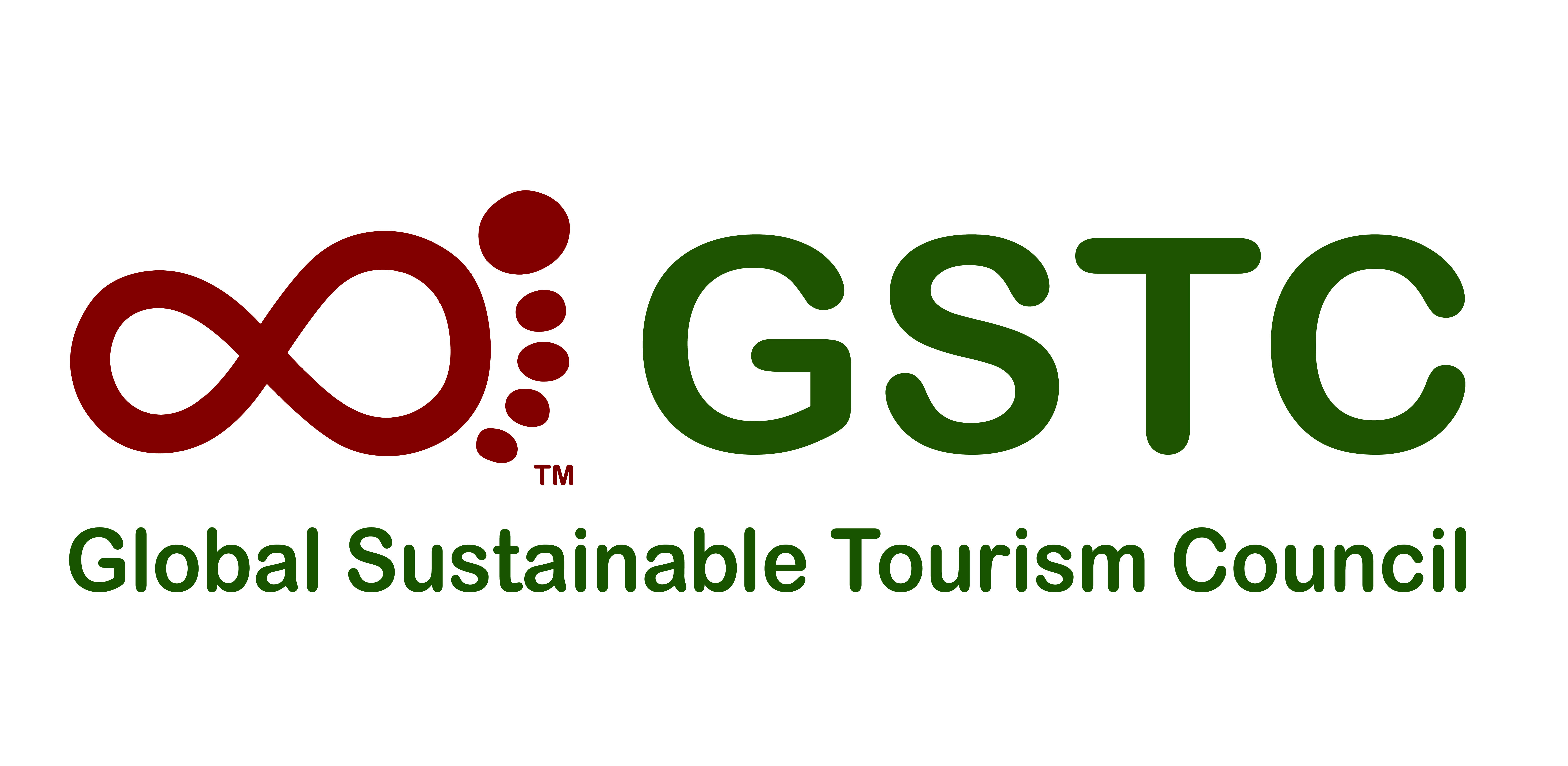Description
Juggling expectations and certification standards: Journey of a Norwegian destination towards acquiring the sustainable destination label.
Authors: Ajay Kumar & Per Strömberg, University of South-Eastern Norway
Short abstract: External third-party audits are crucial for ensuring the quality of sustainability in tourism, utilizing tools like certifications and accreditations. Certification is widely employed as a means of assessing quality in sustainable tourism practices, enhancing credibility and overall quality standards. In 2018, Innovation Norway's Sustainable Destination Standard achieved the esteemed status of being recognized by the Global Sustainable Tourism Council (GSTC). This standard, consisting of 45 criteria and 108 indicators, undergoes thorough assessment, recording, and monitoring. It covers a comprehensive range of aspects including nature, culture, environment, social values, community engagement, and economic viability. The complexity of sustainability, particularly within highly fragmented tourism destinations, necessitates collective and coordinated efforts. These efforts aim to implement measures that contribute to more sustainable tourism development. In this context, the local Destination Management Organization (DMO) plays a central role as a steering organization. Rjukan in Vestfold and Telemark County of Norway earned the "Sustainable Destination" label from Innovation Norway in 2021. This paper discusses about the challenges and opportunities that sustainable destination labels present for a destination from a management perspective. Stakeholder theory and institutional theory are used to provide a conceptual background for the decisions made by the manager of the DMO. DMO Visit Rjukan is used as a case to describe the managerial perspective of acquiring the sustainable destination label in Norway. The insights from this paper will contribute to the literature of role of DMOs in ensuring sustainability of tourist destinations in a country.
Included in
Juggling expectations and certification standards: Journey of a Norwegian destination towards acquiring the sustainable destination label
Juggling expectations and certification standards: Journey of a Norwegian destination towards acquiring the sustainable destination label.
Authors: Ajay Kumar & Per Strömberg, University of South-Eastern Norway
Short abstract: External third-party audits are crucial for ensuring the quality of sustainability in tourism, utilizing tools like certifications and accreditations. Certification is widely employed as a means of assessing quality in sustainable tourism practices, enhancing credibility and overall quality standards. In 2018, Innovation Norway's Sustainable Destination Standard achieved the esteemed status of being recognized by the Global Sustainable Tourism Council (GSTC). This standard, consisting of 45 criteria and 108 indicators, undergoes thorough assessment, recording, and monitoring. It covers a comprehensive range of aspects including nature, culture, environment, social values, community engagement, and economic viability. The complexity of sustainability, particularly within highly fragmented tourism destinations, necessitates collective and coordinated efforts. These efforts aim to implement measures that contribute to more sustainable tourism development. In this context, the local Destination Management Organization (DMO) plays a central role as a steering organization. Rjukan in Vestfold and Telemark County of Norway earned the "Sustainable Destination" label from Innovation Norway in 2021. This paper discusses about the challenges and opportunities that sustainable destination labels present for a destination from a management perspective. Stakeholder theory and institutional theory are used to provide a conceptual background for the decisions made by the manager of the DMO. DMO Visit Rjukan is used as a case to describe the managerial perspective of acquiring the sustainable destination label in Norway. The insights from this paper will contribute to the literature of role of DMOs in ensuring sustainability of tourist destinations in a country.


